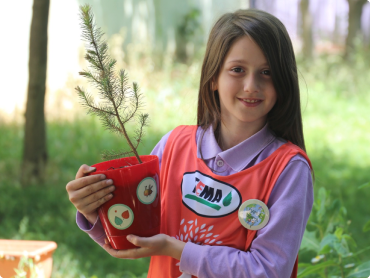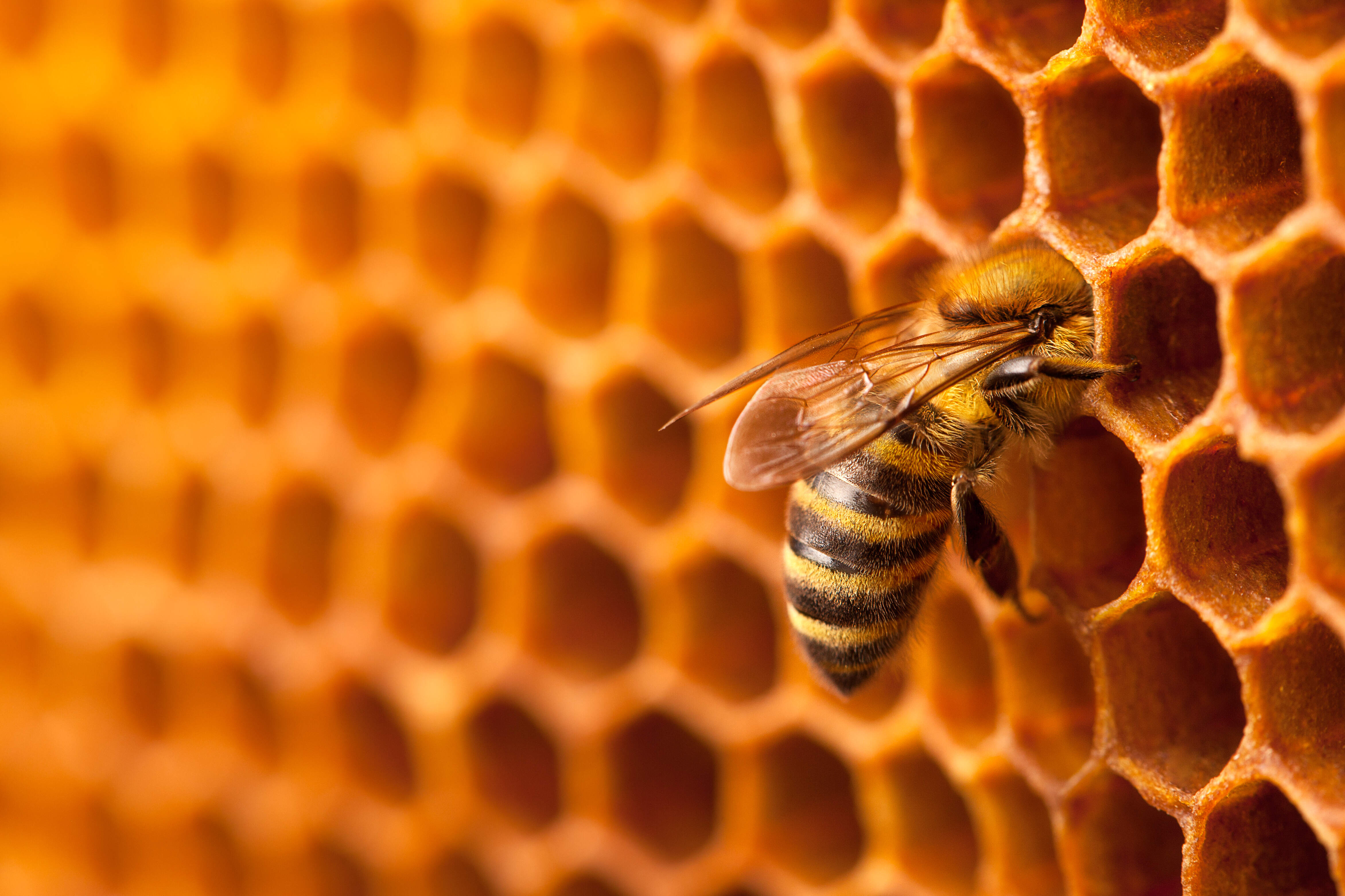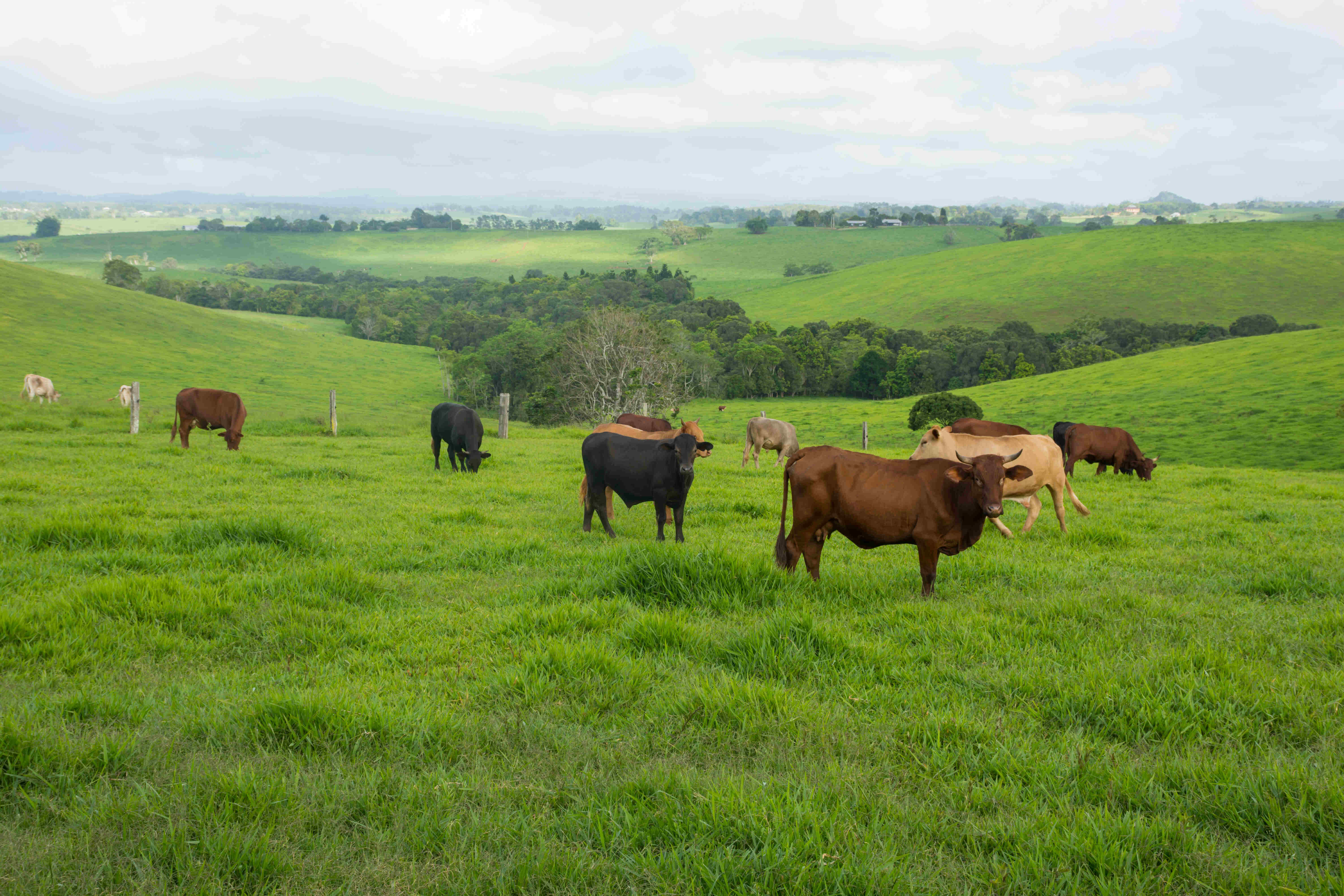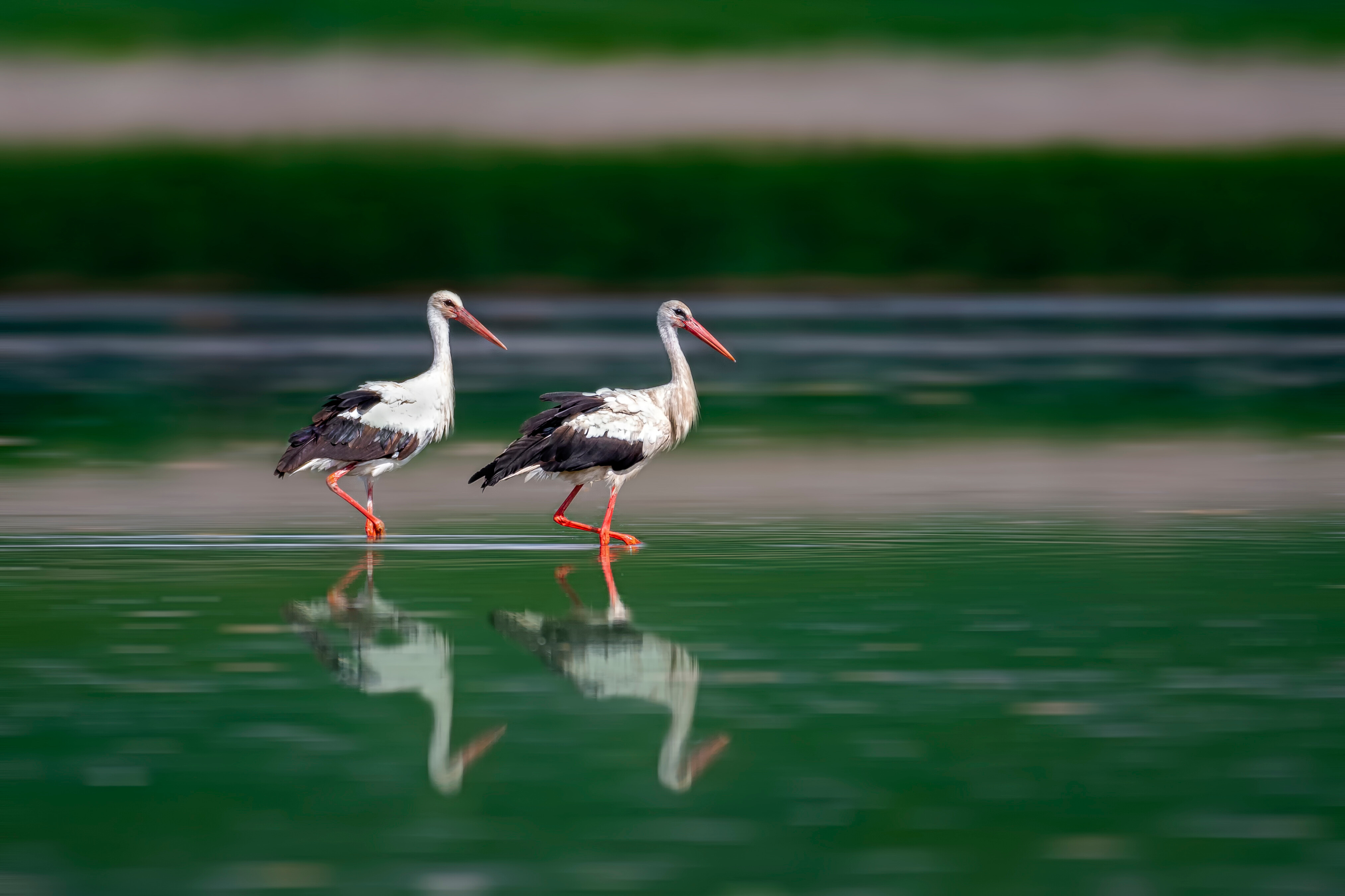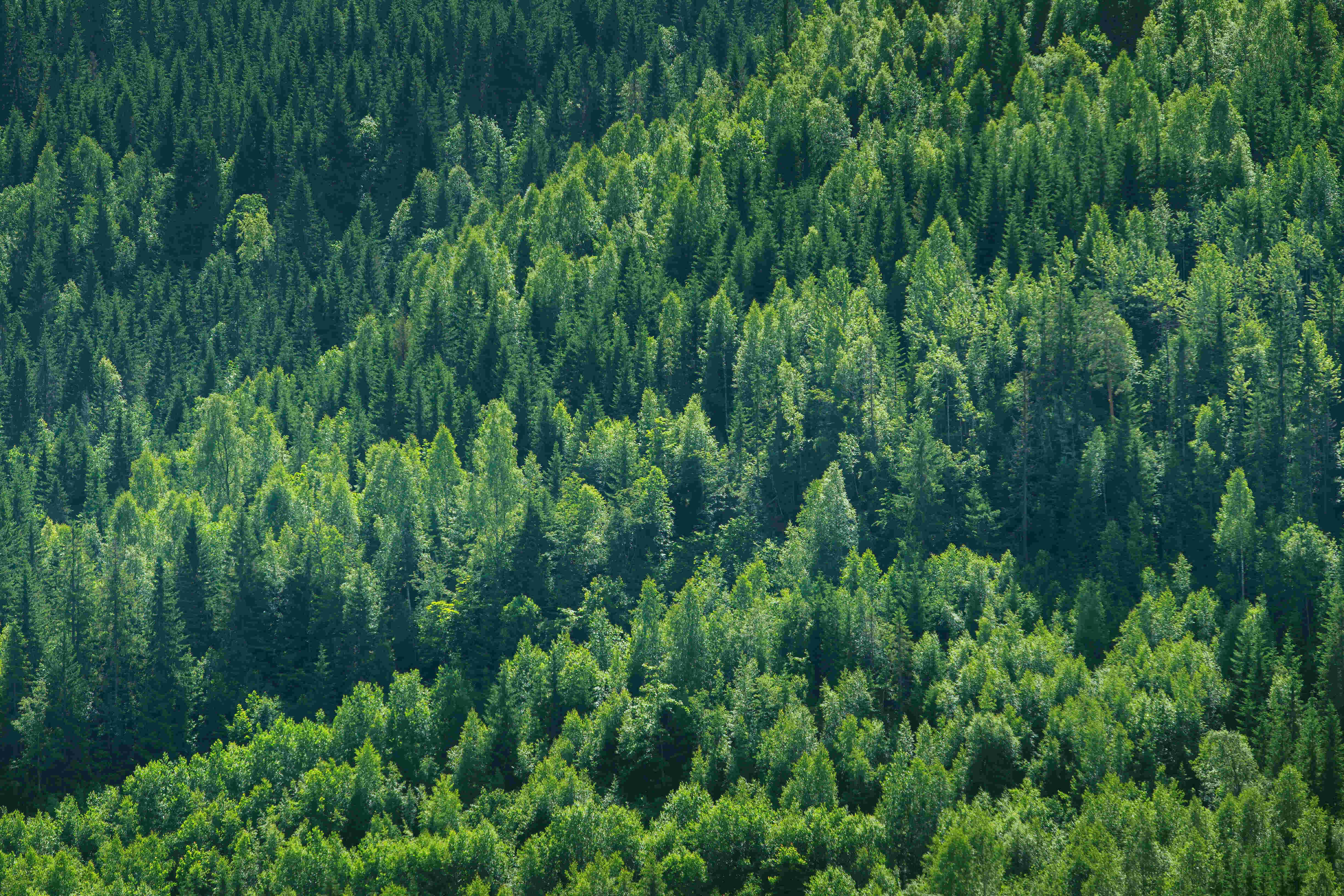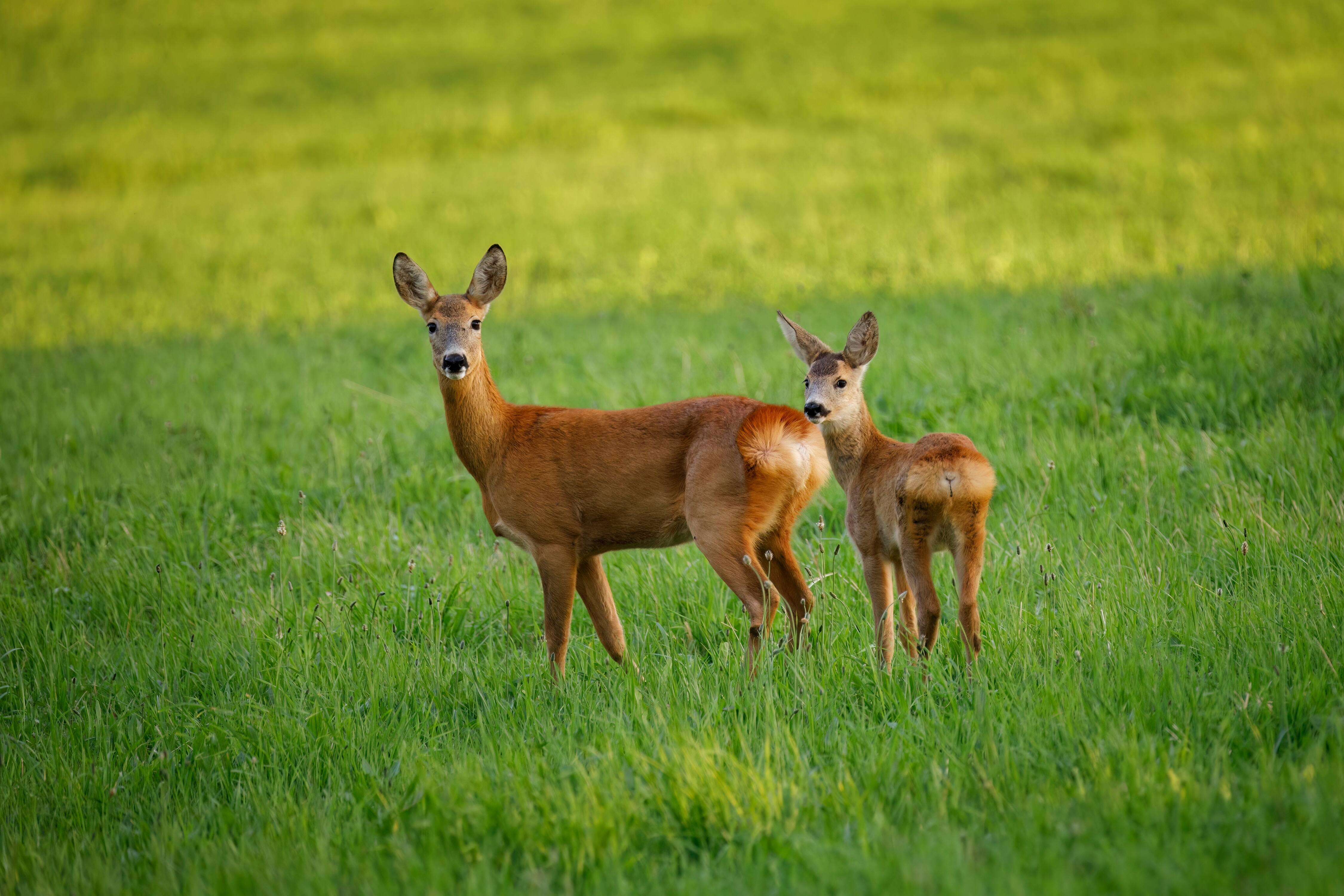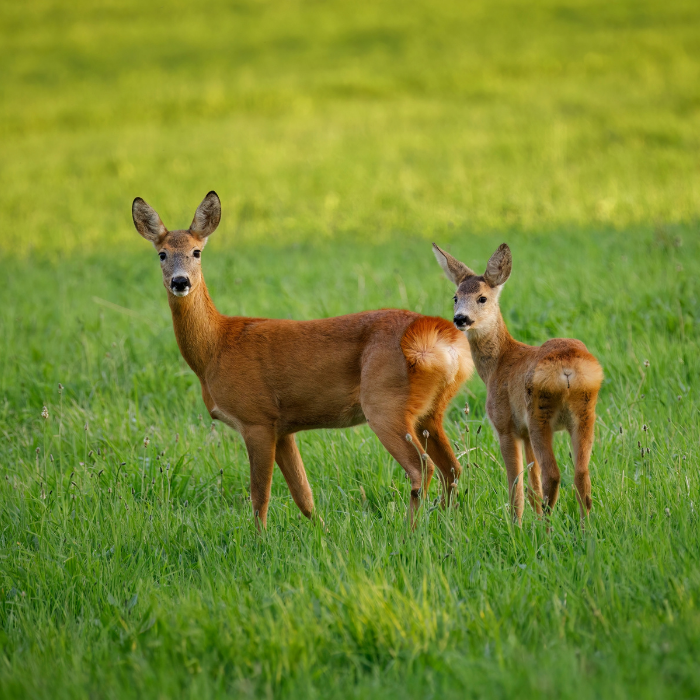On the occasion of the International Day for Biological Diversity, the TEMA Foundation called on everyone to protect biodiversity and live in harmony with nature, and to take action. Ms. Deniz Ataç, Chairperson of the Board of Directors of the Foundation, stated, "We see traces of nature in every breath we take, in every bite we take. However, our forests and wetlands are rapidly disappearing, and life in our seas is declining. We must protect our natural areas; we must protect them in order to live." She underlined the importance of biodiversity to human life.
Today, biodiversity is rapidly declining. Despite all technological advances, we still depend on nature for our most basic needs, such as water, food, medicine, energy, and shelter. Therefore, protecting our natural resources and living in harmony with nature is not only a responsibility but also a must for the sustainability of life.
That is why International Day for Biological Diversity, celebrated annually by the United Nations on May 22, aims to highlight the vital importance of biodiversity to our planet and humanity. In line with this year's theme, "Harmony with Nature&Sustainable Development," the TEMA Foundation emphasizes the need to re-evaluate humanity's relationship with nature and adopt urgent measures against the rapid decline in the richness of nature.
Only 17% of the sustainable development goals achieved
Reminding that biodiversity loss went beyond the safe limits of the planet, Ms. Deniz Ataç, Chairperson of the TEMA Foundation, stated that there has been a serious frustration with the sustainable development goals, and that only 17% have been fully achieved to date, adding "It is time to take concrete steps without delay towards the 41 goals under the headings of Responsible Consumption and Production, Climate Action, Life below Water, and Life on Land."
Emphasizing that biodiversity is the foundation of life, Ms. Ataç stated, "We get 80% of our food from plants. We still rely on plants in nature for the majority of our medication. However, the habitats of the creatures that give us life and keep us alive are rapidly disappearing; habitats are fragmenting, and species are becoming extinct. Upon the dominance of the planet by humans, 85% of mammals have become extinct. It has been reported that biodiversity loss has reached 73% in the last 50 years. These losses pose serious risks not only to ecological risks but also to human health and food security."
In the last 3 decades, approximately 5.5 times the size of Türkiye’s forest area has been destroyed globally
Ms. Ataç emphasized that habitat loss is the most significant cause of biodiversity loss, pointing out that forests, which are home to 80% of terrestrial biodiversity, are rapidly declining, saying, "In the last 30 years, approximately 5.5 times the size of Türkiye’s forest area has been destroyed globally. The fact that only 4% of the world's mammal biomass consists of wild species clearly demonstrates the extent of the damage. Today, a forest the size of a football pitch is destroyed every three seconds, and 90% of this destruction occurs to create space for new agricultural land." While Türkiye is among the few countries that have increased its forest resources, legal regulations allowing to use forests for various purposes are fragmenting forest habitats. Ms. Ataç also pointed at this fact by saying, "In the period 2012-2023, approximately 577,000 hectares of forest were earmarked for more than thirty uses, including mining, energy, transportation, and treasure hunting."
Ms. Deniz Ataç, Chairperson of the Board of Directors of the TEMA Foundation, underlined that Türkiye lies at the intersection of three biogeographic regions and is home to thousands of species endemic to Türkiye. She stated, "Despite being one of the few countries with a rich biological diversity, Türkiye is unfortunately inadequate in terms of existing protected areas to protect this richness. While the global goal is to protect at least 30% of terrestrial and marine areas by 2030, this figure is only 8% for terrestrial areas and 6% for marine areas in Türkiye. These rates are less than half the global average." She added that conservation efforts fall short of securing existing biodiversity.
Wetland species have declined by 60%
Meanwhile, wetland, home to 40% of plant and animal species and 30% of fish species, are also rapidly destroyed. Ms. Ataç noted that approximately 3.4 million km² of wetland, four times the size of Türkiye, has been lost since 1700. She stated, "Therefore, 25% of wetland-dependent species are endangered. Since 1970, wetland species populations have decreased by 60%. Opening new agricultural lands and excessive irrigation are the main causes of this extinction." Ms. Ataç added that climate change is another significant factor exacerbating biodiversity loss, warning, "At a global warming of 1.5°C, 90% of coral reefs could disappear, and at 2°C, 99%. This would have irreversible consequences not only for marine life but also for the entire ecosystem and humanity."
20 million hectares of agricultural land are degraded each year
Ms. Ataç stated that not only newly opened agricultural lands but also existing ones are degraded. She said, "Today, forests and wetlands are largely destroyed to create space for agricultural land, while existing agricultural land is rapidly losing its productivity due to unsustainable practices. Approximately 20 million hectares of agricultural land are degraded each year due to erosion, misuse of land, over-irrigation, and chemical inputs, which threatens not only the health of the soil but also its biodiversity. Furthermore, urban waste, along with excessive use of chemical fertilizers and pesticides, leads to the formation of 'dead zones' in the seas, where life is completely destroyed. The Sea of Marmara is one of the most striking examples of this problem."
We must take responsibility for sustainable life
Showing the devastation human activities have on nature with concrete data, Deniz Ataç said, “We should know that all living things, other than us humans, have a function in nature, and our very existence depends on their existence. In this regard, humans undoubtedly have the greatest impact on nature and are also capable of making rational decisions. Therefore, we must follow the path of reason and see ourselves not as the owners of the world, but as part of a living space we share with all living things. States should adopt this understanding in their legislation, increase the size of protected areas, and avoid practices that undermine the functioning of ecosystems.”
Ataç called on everyone to take responsibility for sustainable life and protecting biodiversity, saying, "The words of our Founding Honorary Presidents on this matter continue to guide us today. As our late Founding Honorary President, Grandpa Earth Hayrettin Karaca, said, 'Let's consume as much as we need, and let's keep alive those who give us life.' And as our late Founding Honorary President, Grandpa Leaf A. Nihat Gökyiğit, always emphasized, 'Biological diversity is what keeps the universe's incomprehensible order in balance.' As the TEMA Foundation, we want to remind everyone once again of the vital importance of protecting biodiversity in our country with the A. Nihat Gökyiğit Biological Diversity Project."
You Know, You Are Responsible! The TEMA Foundation
